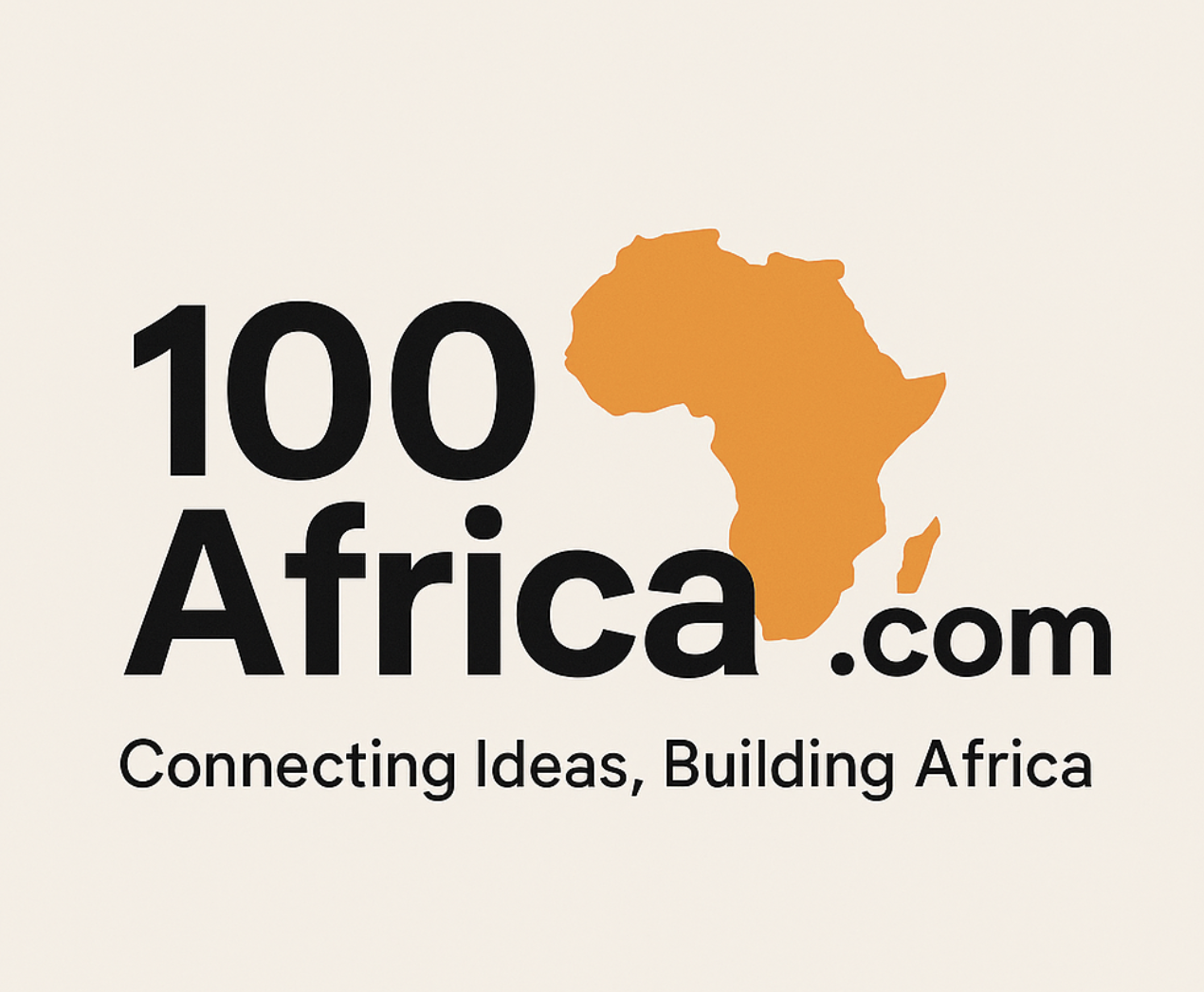
Dar es Salaam
Nakuru / San Francisco, November 2025 — The world’s leading artificial intelligence company, OpenAI, has completed its long-awaited restructuring into a Public Benefit Corporation (PBC), marking one of the most consequential governance transformations in the tech sector’s history. The move formalizes its partnership with Microsoft and sets the stage for a new era of large-scale AI industrialization — with ripple effects that could shape Africa’s digital future.
Under the new structure, the OpenAI non-profit will own 26% of the for-profit entity, while Microsoft retains a 27% stake, including exclusive intellectual property rights to OpenAI’s models through 2032 and research rights through 2030. The agreement also extends revenue-sharing until OpenAI reaches its ultimate goal: the creation of verifiable artificial general intelligence (AGI).
In a sign of deepening alignment, OpenAI has committed to purchase $250 billion worth of Azure compute capacity, a move that reinforces the growing centrality of cloud infrastructure and energy in the global AI economy.
“Our mission remains unchanged — to ensure that AGI benefits all of humanity,” said OpenAI CEO Sam Altman, during a livestream unveiling the restructuring. “This structure gives us the flexibility to pursue that mission at global scale.”
A New Corporate Model with Global Implications
The shift to a PBC — a hybrid structure that blends social purpose with commercial incentive — is seen as a model for the next generation of responsible AI firms. It ensures OpenAI’s public mission remains intact while enabling it to raise capital more freely, an essential step as the cost of developing frontier AI systems escalates into the trillions.
Market analysts believe this change could pave the way for a potential OpenAI IPO by 2026 or 2027, potentially ranking among the most transformative listings of the decade. Beyond Silicon Valley, this trend holds deeper lessons for emerging economies like Tanzania and others across Africa that are positioning themselves in the AI and data infrastructure race.
Africa’s Moment in the Compute Race
OpenAI’s decision to secure 30 gigawatts of compute power — valued at $1.4 trillion — underscores the growing fusion of energy, data, and intelligence infrastructure. This is precisely where Africa’s opportunity lies.
As the continent invests in data centers, green energy corridors, and digital transformation initiatives, the rise of AI as a core industrial sector presents a new strategic frontier. In Tanzania, Kenya, Nigeria, and South Africa, ongoing efforts to build regional cloud hubs and innovation parks could become pivotal in attracting future partnerships with global AI developers and investors.
Africa’s vast renewable energy potential — from hydro and geothermal to solar — offers a competitive advantage for powering the world’s next generation of compute infrastructure sustainably.
The Age of AI Industrialization
During his announcement, Altman also previewed OpenAI’s next leap: building an autonomous research intern by 2026 and a fully automated research agent by 2028. These systems, he said, will independently conduct scientific research — potentially revolutionizing discovery itself.
Meanwhile, NVIDIA’s GPU orders have surpassed $500 billion over the next five quarters, emphasizing the enormous capital now driving the AI sector.
Together, these developments mark the institutionalization of AI — where innovation now depends not only on algorithms, but also on energy, compute, and infrastructure capacity.
